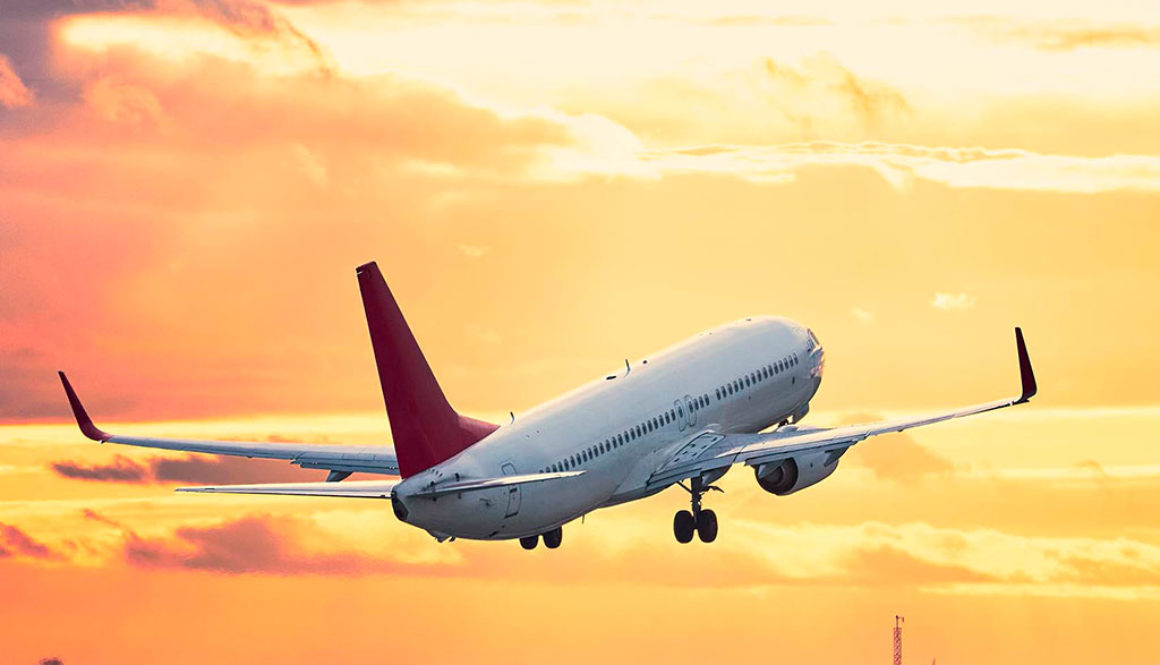The Future of Aviation: Sustainable Biofuels
Biofuels are the most promising measure and probably the only short and medium term measure that the aviation industry has to reduce their CO2 emissions .This hypothesis is especially accepted by professionals in the aviation sector and is the starting point of the ALTERNATIVE project: Evaluation on the development of alternative fuels for aviation..
Gustavo Alonso, researcher at the Polytechnic University of Madrid (UPM) and professor of air transport at the Higher Technical School of Aeronautical and Space Engineering (ETSIAE) , leads the Chinese-European consortium behind the project with 16 participating entities between universities, companies and administration.
On the European side, in addition to UPM, we find the Centre Internacional de Mètodes Numèrics en Enginyeria, Airbus, Safran S.A., Zodiac, ONERA, IATA, IIASA and Hasselt University.
On the Chinese side, Beihang University, Tianjin University, The Second Research Institute Civil Aviation Administration of China, AECC Hunan Aviation Powerplant Research Institute, Henan Academy Science, SINOPEC Research Institute of Petroleum Processing, Aero Engine Corporation of China Commercial Aircratf Engine Co.
SUSTAINABLE BIOFUELS
Together they will assess the impact of the use of biofuels of organic origin, more sustainable than current kerosene (from fossil origin), as the main measure to reduce the carbon footprint in the aviation. They will do so from a technical, economic and environmental point of view. Product life cycle optimization will be considered at the same time as the effects on climate change.
"Today's commercial aircraft engines are certified to use a blend of up to 50% of some of the new sustainable fuels. There is still a lot of research to be done on the advisability of developing new raw materials and production routes and how to encourage airlines to use them, since the cost of their production is currently economically higher",says Gustavo Alonso.
FOUR TWINED PROJECTS WITH THE SAME PURPOSE
The initial meeting of the project was held last January at the ETSIAE with the presence of representatives of all the members of the consortium. There are 3 years of research ahead, sponsored by the Horizon 2020 Program, the European Research and Innovation Framework Program, which has among its social challenges to achieve intelligent, ecological and integrated transport.
Under the same objective, the European Commission finances three other twinned projects to mitigate the impact of air transport on climate change:CliMOP (Climate Assessment of innovative Mitigation strategies towards OPerational improvements in aviation), ACACIA (Advancing the Science for Aviation and ClimAte) and GreAT (Greener Air Traffic Operations).), ACACIA (Advancing the Science for Aviation and ClimAte) y GreAT (Greener Air Traffic Operations).
The same group of researchers from the Polytechnic University of Madrid also participate in the latter, led by Professor Gustavo Alonso.
Source: ambientum

